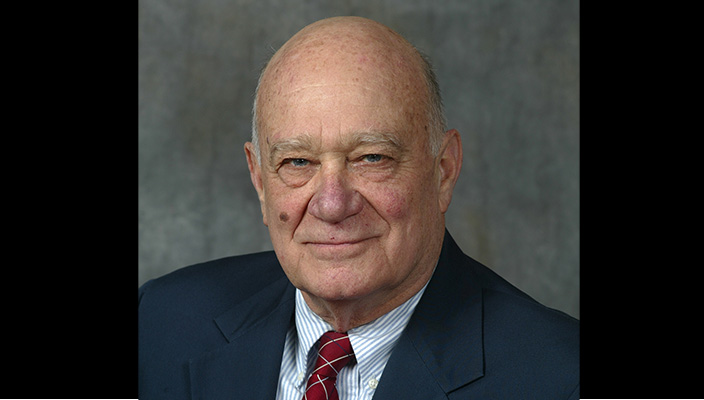A few years ago an interviewer told Republican House Leader Eric Cantor that he was considered a major obstacle to policy progress because he refused to compromise.
Cantor responded that Reagan, his role model, was a leader who never compromised. But, like the President, he, too, was always willing to seek common ground. Cantor was quickly challenged by scholars who pointed to Reagan’s numerous compromises.
However, Cantor was certainly onto a less stressful path for politics. We are more likely to collaborate and cooperate when we are able to identify common ground (shared values and policies). This sounds like a common sense approach. Is it feasible at a time when there is so much rancor and political polarization in our nation?
We may need to explore more closely to find “Hidden Common Ground.”
Politics has often been considered the art of compromise, especially in our vast, numerous and diverse nation. My great Columbia teacher, Henry Steele Commager, always emphasized how challenging it was to make democracy work in our country.
From our 1776 beginning, we were already a nation of nations. England would physically fit inside of Pennsylvania – in 2020, France could fit in Oregon and Italy in California. By the year of Independence, our population had soared and we were also one of the most diverse nations in the world.
Now, our population is as large as the 25-nation European Union, and Queens County New York is the most diverse place in the world with more than 150 ethnic and nationality groups. How does any nation with these characteristics make democracy work?
While politicians often speak of the quest for common ground, one might ask how much they do to find it and to foster it. In this vital election year, Hofstra University has been invited to be part of the “Hidden Common Ground” project, a joint initiative of the Kettering Foundation and National Issues Forums Institute.
Those national organizations have an impressive record of developing partnerships and ways to bring diverse folks into civil, deliberative processes. Working collaboratively, the 2020 joint project will team “the USA Today network, nonpartisan research organization Public Agenda, NIF’s nonpartisan citizen issue guides, and NIF’s network’s deliberative forums.”
“The project will discover where we have common ground and where we’re divided and still have work to do.” All partners will consider “four urgent issues” which include: Divisiveness in America, Health Care, Immigration, and the Economy.
For more than three decades of Hofstra participation in Kettering’s National Issues Forums, we have consistently been impressed by how affirmatively citizens respond to the civility and format of these deliberative sessions – even when they have strong differences of values and public policies.
Common ground is a marvelous bond when one locates it, but this project, like decades of past forums, can help citizens better understand others, and in the context of nonpartisan civility can foster more of an inclination to compromises, even when common ground is not located.
Hofstra has selected a group of student leaders who will oversee the project for the rest of 2020. We have designated them “Civil Discourse Fellows.” In two-person teams, they have been preparing to apply the Kettering deliberation principles to citizens’ discussions.
We will provide citizen participants with brief guides that present options for actions on key issues facing the nation. The Civil Discourse Fellows will foster careful listening to each other and considerations of what folks most value in the policy options. Participants will be asked to weigh the reservations and benefits for particular actions, and see if they can reach a common ground sense of directions with their colleagues.
Our forum goal is 15 to 18 people for each session; we want all to have a chance for active participation. Our moderators will report on each forum to Kettering as part of the national evaluation project. Another contribution in this regard is having each participant complete a brief, anonymous questionnaire that becomes part of our report.
At various centers, libraries, senior groups, we have often conducted three or four forums simultaneously, provided there is quiet space to separate groups of 15 to 18.
We welcome wide participation to represent our region. Paths for participation are: 1) email me (or postal mail me) your interest, and we can invite you to a forum at Hofstra; 2) if your organization would like us to bring forums to you, be in touch with me and we can discuss logistics:
michael.dinnocenzo@hofstra.edu (516) 463-5606; Michael D’Innocenzo, History Department, Joseph Shapiro Family Hall, Hofstra University, Hempstead, NY 11549
[There are no costs for forum materials or to participate in the forums].
We celebrate active citizenship as a hallmark of democracy.



